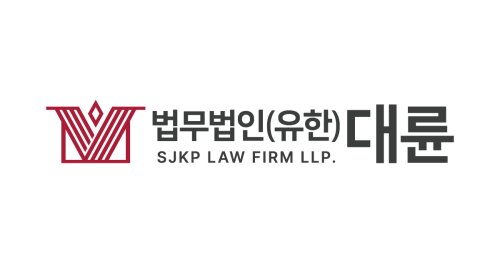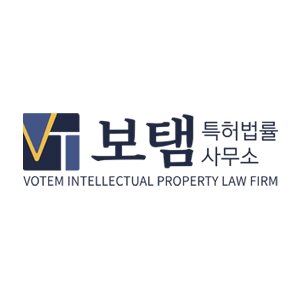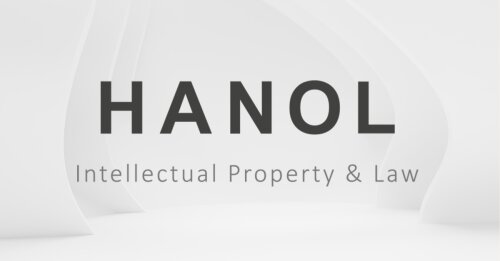Best Ethics and Professional Responsibility Lawyers in Seoul
Share your needs with us, get contacted by law firms.
Free. Takes 2 min.
List of the best lawyers in Seoul, South Korea
About Ethics and Professional Responsibility Law in Seoul, South Korea
Ethics and Professional Responsibility law in Seoul, South Korea, encompasses the legal standards and moral principles that govern the conduct of individuals and organizations in professional settings. This field focuses on establishing codes of conduct for various professions to ensure ethical behavior and to prevent malpractice, misconduct, or corruption. These laws are crucial in maintaining public trust and accountability among professionals, including but not limited to lawyers, doctors, business executives, and public officials. In Seoul, the legal framework is firmly rooted in South Korean national laws supported by specific city regulations that emphasize integrity, responsibility, and transparency.
Why You May Need a Lawyer
There are several situations in which you may require a lawyer specializing in Ethics and Professional Responsibility in Seoul:
- If you are a professional facing allegations of misconduct or ethical violations.
- If you are a business leader or organization needing compliance advice to adhere to ethical standards and avoid potential legal pitfalls.
- If you suspect unethical behavior at your workplace and seek legal recourse or whistleblower protection.
- If you are preparing to draft or revise codes of conduct or compliance programs for your organization.
- If you are a victim of professional negligence and seeking legal redress.
Local Laws Overview
Local laws in Seoul regarding Ethics and Professional Responsibility are comprehensive and aim to uphold ethical standards across professions. Key aspects include:
- Professional Conduct Regulations: Each profession has its own set of rules, defined by respective professional associations, to govern the behavior of its members and outline disciplinary actions for violations.
- Anti-Corruption Laws: Seoul enforces strict anti-corruption laws to curb bribery and corruption within public and private sectors.
- Whistleblower Protections: Laws are in place to protect individuals who report unethical activities within organizations from retaliation.
- Consumer Protection Laws: These laws ensure that consumers receive fair treatment and services from professionals, safeguarding against malpractice.
Frequently Asked Questions
What is considered a violation of professional responsibility?
A violation occurs when a professional fails to adhere to the established ethical standards or codes of conduct in their field, such as negligence, fraud, conflicts of interest, or any form of misconduct.
How can I report unethical behavior in my workplace?
You can report unethical behavior through your company's established reporting channels, such as an ethics hotline, or directly to relevant authorities or regulatory bodies that govern your profession.
What protections are available for whistleblowers in Seoul?
Whistleblowers in Seoul are protected under national laws, which provide anonymity and legal protection against any retaliation or adverse effects resulting from their disclosures.
Can a lawyer help me draft a code of conduct for my organization?
Yes, a lawyer specializing in Ethics and Professional Responsibility can assist in drafting or revising a code of conduct to ensure it meets legal standards and effectively guides ethical behavior within the organization.
What should I do if I am accused of professional misconduct?
It is crucial to consult with a lawyer immediately to understand your rights, review the evidence, and prepare a defense strategy to address the accusations appropriately.
Are there specific laws regarding conflicts of interest?
Yes, professionals must disclose any potential conflicts of interest according to specific regulations governing their respective fields to avoid compromising their ethical obligations.
How do compliance programs help organizations?
Compliance programs help organizations identify, prevent, and address potential ethical violations, ensuring adherence to laws and maintaining the organization's reputation and integrity.
What is the role of professional associations in maintaining ethics?
Professional associations create, update, and enforce ethical guidelines for their members, and they may also investigate and discipline members who violate these standards.
Do non-profit organizations have ethical responsibilities?
Yes, non-profit organizations are equally bound by ethical standards to ensure accountability, transparency, and ethical decision-making in their operations and interactions with stakeholders.
What constitutes consumer protection under professional responsibility laws?
Consumer protection laws ensure that professionals deliver services that adhere to quality and ethical standards, providing mechanisms for redress in cases of errors, fraud, or malpractice.
Additional Resources
For further assistance, consider contacting the following resources:
- Korean Bar Association: Provides information and support on legal ethics and can direct you to qualified attorneys.
- Seoul Metropolitan Government: Offers resources on ethical guidelines and local laws applicable to professionals and organizations.
- Fair Trade Commission: Regulates business practices and consumer protection related to ethical conduct.
- Korea Anti-Corruption & Civil Rights Commission: Handles issues related to corruption and offers guidelines for maintaining ethical standards.
Next Steps
If you find yourself needing legal assistance in the field of Ethics and Professional Responsibility in Seoul, consider the following steps:
- Identify Your Needs: Clearly define the issue or situation you are facing to help streamline your search for the right legal expertise.
- Consult a Lawyer: Seek prompt legal advice from a qualified attorney specializing in Ethics and Professional Responsibility to assess your situation and provide guidance.
- Prepare Documentation: Gather all relevant documents, communications, and any evidence pertaining to the ethical concern or allegation.
- Evaluate Options: Work with your lawyer to evaluate the potential legal actions or resolutions available, considering the implications and consequences of each.
- Act Accordingly: Follow the legal strategy outlined in consultation with your attorney, ensuring timely and appropriate actions as advised.
Lawzana helps you find the best lawyers and law firms in Seoul through a curated and pre-screened list of qualified legal professionals. Our platform offers rankings and detailed profiles of attorneys and law firms, allowing you to compare based on practice areas, including Ethics and Professional Responsibility, experience, and client feedback.
Each profile includes a description of the firm's areas of practice, client reviews, team members and partners, year of establishment, spoken languages, office locations, contact information, social media presence, and any published articles or resources. Most firms on our platform speak English and are experienced in both local and international legal matters.
Get a quote from top-rated law firms in Seoul, South Korea — quickly, securely, and without unnecessary hassle.
Disclaimer:
The information provided on this page is for general informational purposes only and does not constitute legal advice. While we strive to ensure the accuracy and relevance of the content, legal information may change over time, and interpretations of the law can vary. You should always consult with a qualified legal professional for advice specific to your situation.
We disclaim all liability for actions taken or not taken based on the content of this page. If you believe any information is incorrect or outdated, please contact us, and we will review and update it where appropriate.















